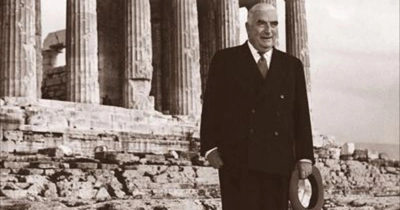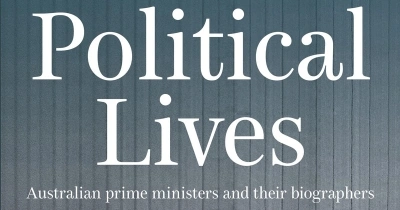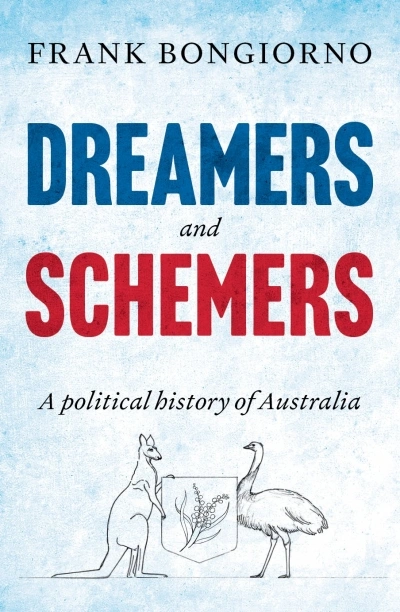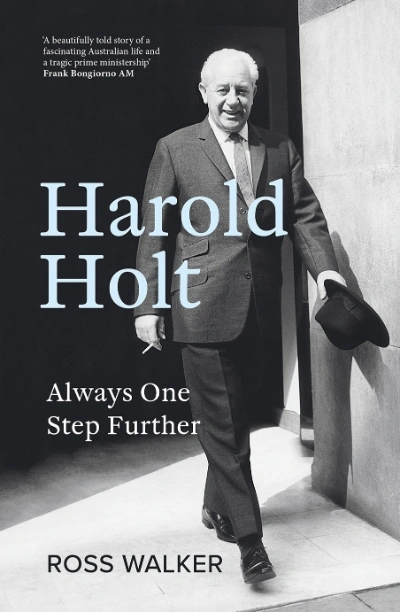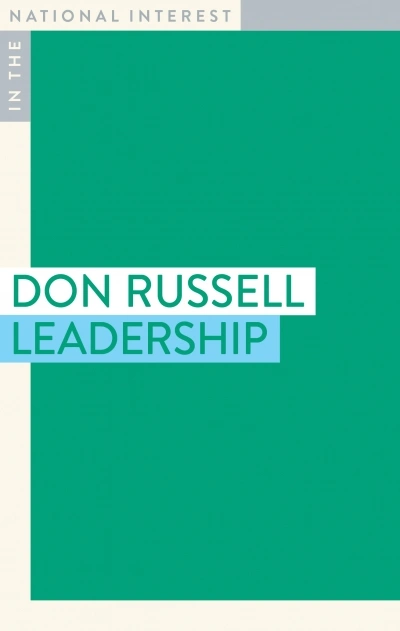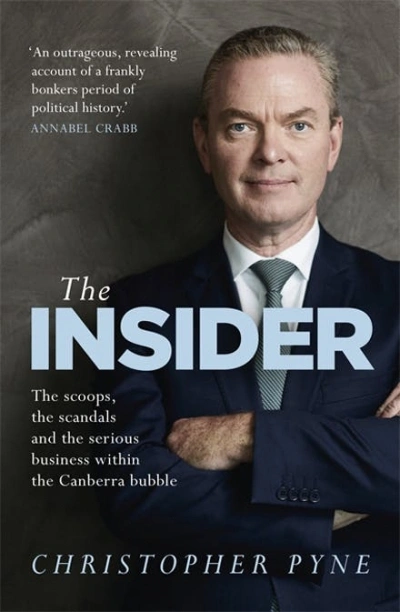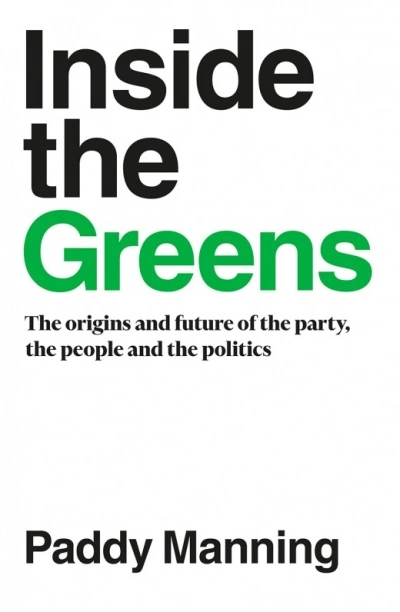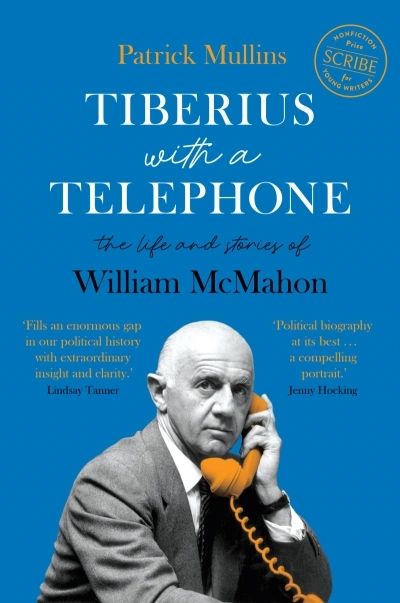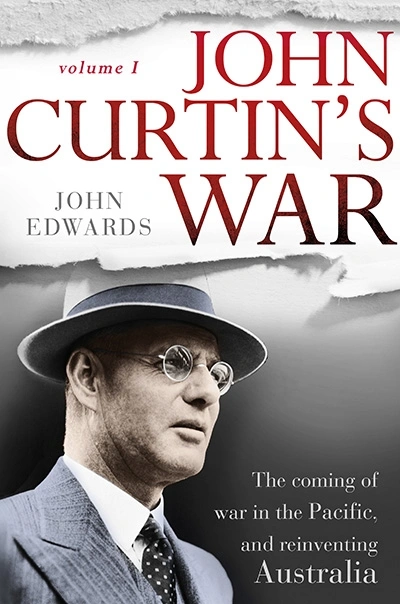James Walter
The Menzies Ascendency: Fortune, stability, progress 1954-1961 edited by Zachary Gorman
by James Walter •
Political Lives: Australian prime ministers and their biographers by Chris Wallace
by James Walter •
Dreamers and Schemers: A political history of Australia by Frank Bongiorno
by James Walter •
Leadership by Don Russell & A Decade of Drift by Martin Parkinson
by James Walter •
The Insider: The scoops, the scandals and the serious business within the Canberra bubble by Christopher Pyne
by James Walter •
Inside the Greens: The origins and future of the party, the people and the politics by Paddy Manning
by James Walter •
Tiberius with a Telephone: The life and stories of William McMahon by Patrick Mullins
by James Walter •
To celebrate the best books of 2017 Australian Book Review invited nearly forty contributors to nominate their favourite titles. Contributors include Michelle de Kretser, Susan Wyndham, James Ley, Geordie Williamson, Jane Sullivan, Tom Griffiths, Mark Edele, and Brenda Niall.
... (read more)
